6 thoughts about the 2023 Range Rover Sport SE

The new-for-2023 Range Rover Sport plays the same role as it did before in the Range Rover lineup. Compared to the full-fat Range Rover, it’s a smidge smaller, tones down the decadence, comes with a cheaper price tag, and most important of all, it looks sporty. Now, just because it looks the part, doesn’t mean the Sport is a corner-carving track-capable SUV. Save those discussions for when we drive the 2024 Range Rover Sport SV with its 626 horsepower and more aggressive suspension and brake package.
Instead, this Range Rover diverts its focus to on-road refinement and the occasional off-road adventure. I drove the base SE trim equipped with the also-base 3.0-liter inline-six. At $90,245 after options, it’s more than $18,000 cheaper than the totally base Range Rover P400. But, is it a true Range Rover experience?
Here are six thoughts on the Range Rover Sport SE.
1. The interior truly is gorgeous
Minimalism and discrete luxury are in right now, and the Range Rover Sport is a pro at both. The slab-sided paneling, artful control design, and dashboard simplicity of the Range Rover Sport’s cabin is a delight. It’s calming from the second you step over the sill. The floating touchscreen flicks on instantly and is your control panel to the car. There are no overwhelming flourishes or ostentatious displays of wealth to be seen. Run your hands along the supple, leather-covered dash. Enjoy the shape of the sculpted shifter. Take pleasure in the rich materials all around you. Where a BMW or Mercedes aim to dazzle you with tech, exotic materials and fanciful light shows, the Range Rover Sport keeps it classy and timeless.
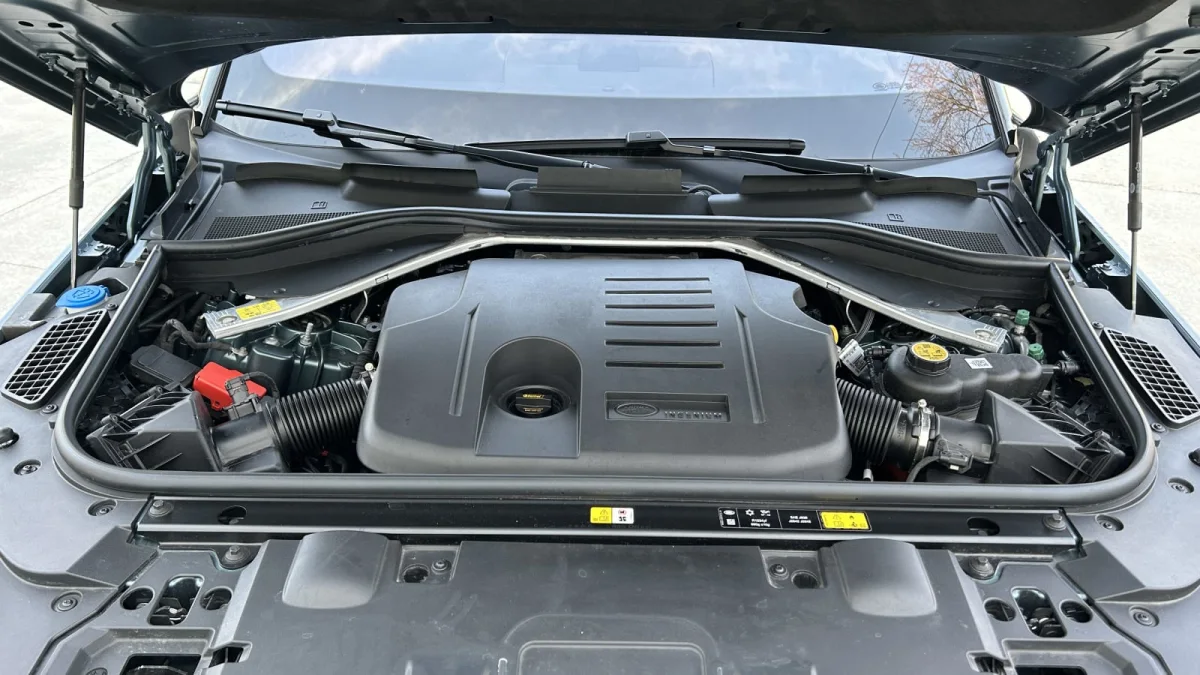
2. No need for the V8
This 3.0-liter turbocharged mild-hybrid inline-six is making its way around the JLR lineups like wildfire. In this application, it produces 355 horsepower and 365 pound-feet of torque. BMW’s borrowed 4.4-liter twin-turbo V8 is on the options list, but this inline-six’s sweet, tuneful note is enough to make me look past it. There’s plenty of pep to out-muscle others from a stoplight, and its eight-speed automatic transmission also keeps shifts smooth and quick. The extra upside of this is that JLR’s inline-six is the base engine for the Range Rover Sport, so you can get it at a good price.
And yes, it’s a complicated powertrain setup with a mild hybrid, but starts and stops are smooth, and fuel economy isn’t so terrible either. While the V8 will have you earning 15 mpg in the city, the I-6 pumps that up to 19 mpg, and all the way to 26 mpg on the highway.
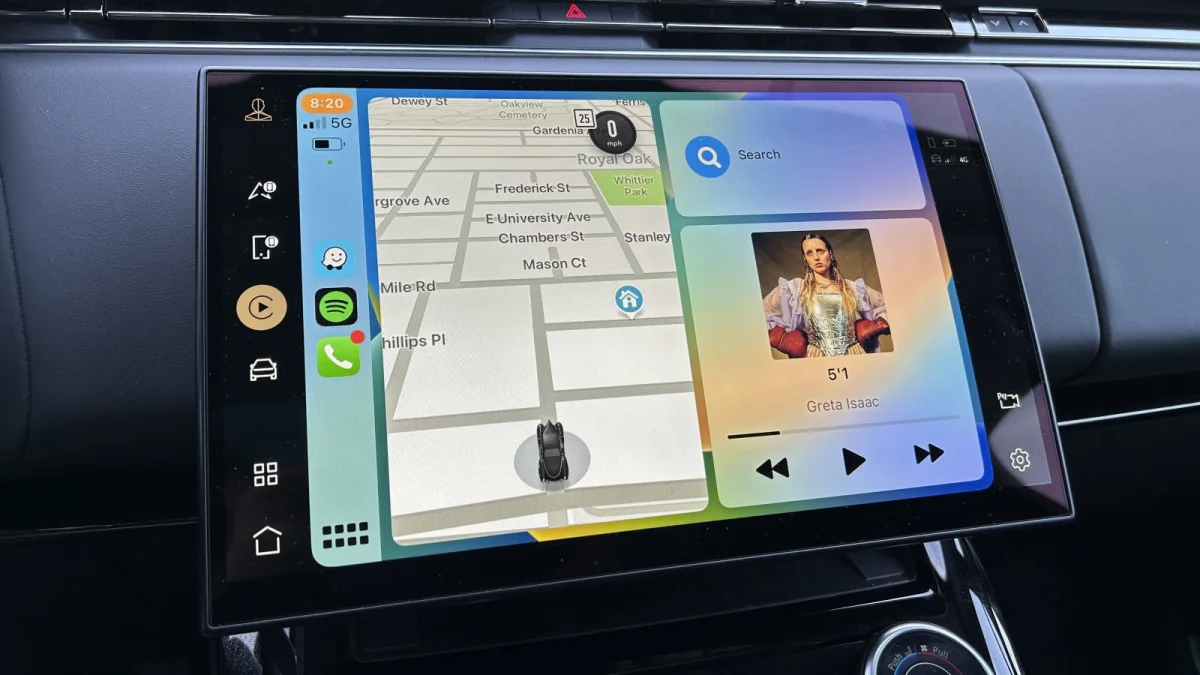
3. Infotainment is no longer a glaring weakness
It’s been the achilles’ heal of any Land Rover or Jaguar product since, well, forever. Most other OEMs have had semi-workable or even enjoyable infotainment systems, but JLR’s have been behind-the-times at best and at worse, a nightmare. That’s no longer the case with Pivi Pro, and paired with the Range Rover Sport’s beautiful screen hardware — a 13.1-inch central screen and 13.7-inch digital instrument cluster — it’s a delight to use. Firing up Apple CarPlay or Android Auto is a breeze, and you can easily switch between the smartphone display and the native infotainment. It’s really rather heartening to see Land Rover finally get tech right, as it’s gone from one of the worst in the class to being highly competitive with some of the best systems out there.
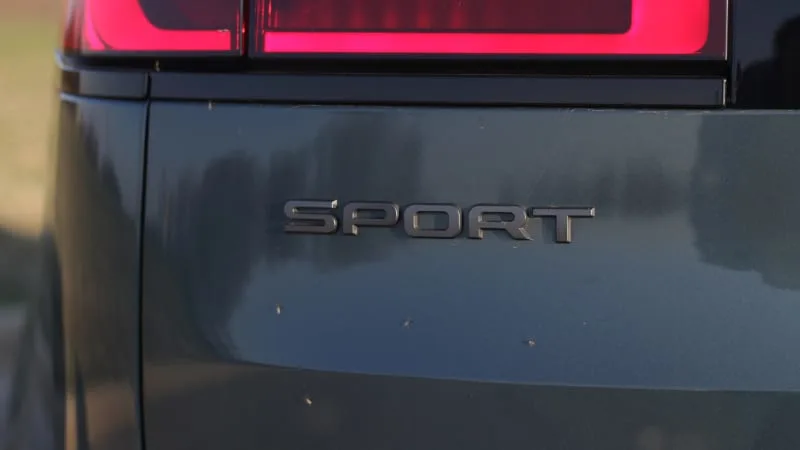
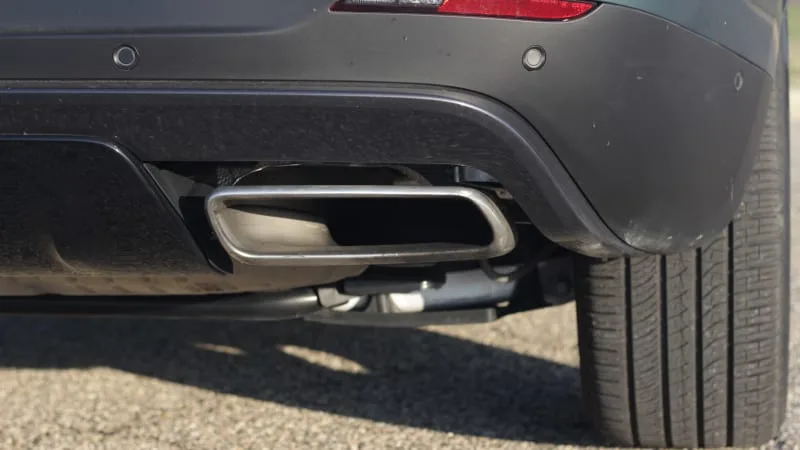
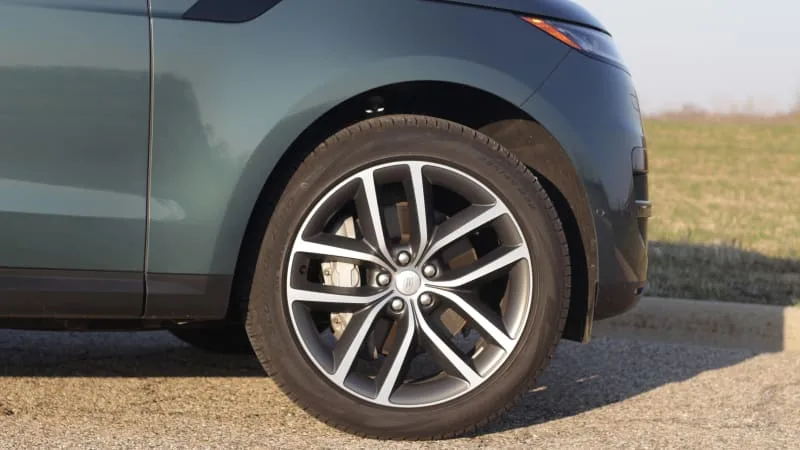
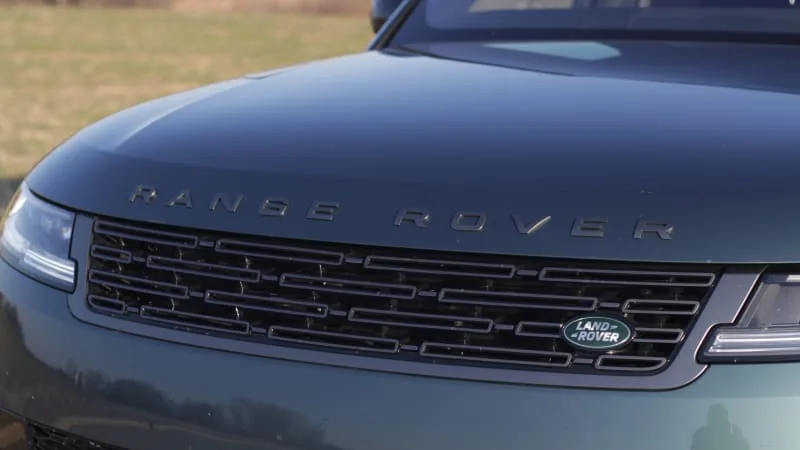
4. It really isn’t that sporty to drive
Sure, it’s the Range Rover Sport, but this chassis isn’t going to raise the pulse of driving enthusiasts. The “dynamic” air suspension fitted to every Range Rover Sport uses a road monitor to watch out for bumps ahead, then prepares the adaptive dampers to better attack poor surfaces and optimize comfort. Its ride sure is agreeable, though the handling leaves much to be desired. It’s a good thing, then, that Land Rover lets you improve it via an available rear-wheel steering system and a 48-volt electronic active roll system. This Sport didn’t have those, though, so as is, the steering is slow, there’s a lot of body roll and the vehicle simply doesn’t ask to be pushed beyond some mildly sporty driving. Tack on some of these performance options, though, and you’re likely to find some of the Sport that’s missing from the base vehicle.
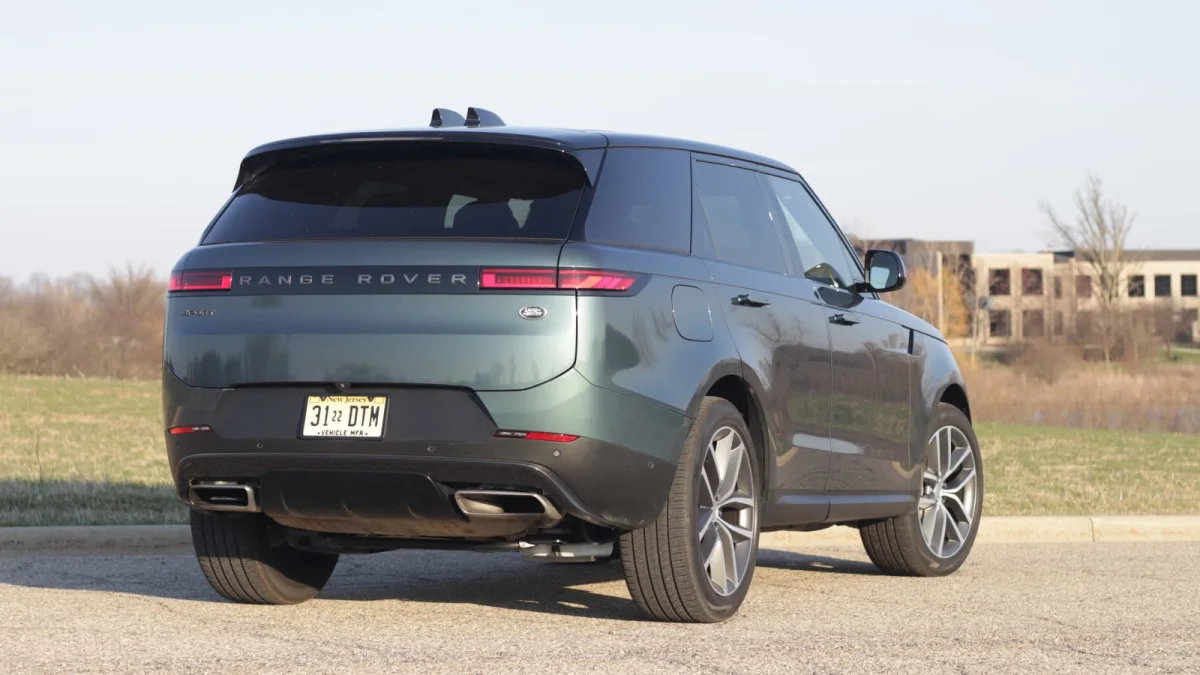
5. You’ll never stop marveling at the design
This particular test vehicle is finished in Giola Green, and it’s a beautiful paint color that highlights the design. Land Rover captured what it means to have a “clean design,” and right out of the box, there’s no questioning its timeless SUV character. The seamless body, flush door handles, gorgeous taillights … I could go on for a long time. It accomplishes the task of both looking and feeling new for this next-generation of Range Rover Sport without losing track of the model’s heritage, too. The traditional SUV shape paired with the slicked-back look of the Sport is ingrained in our psyche at this point, and this iteration of that design is a splendid evolution.
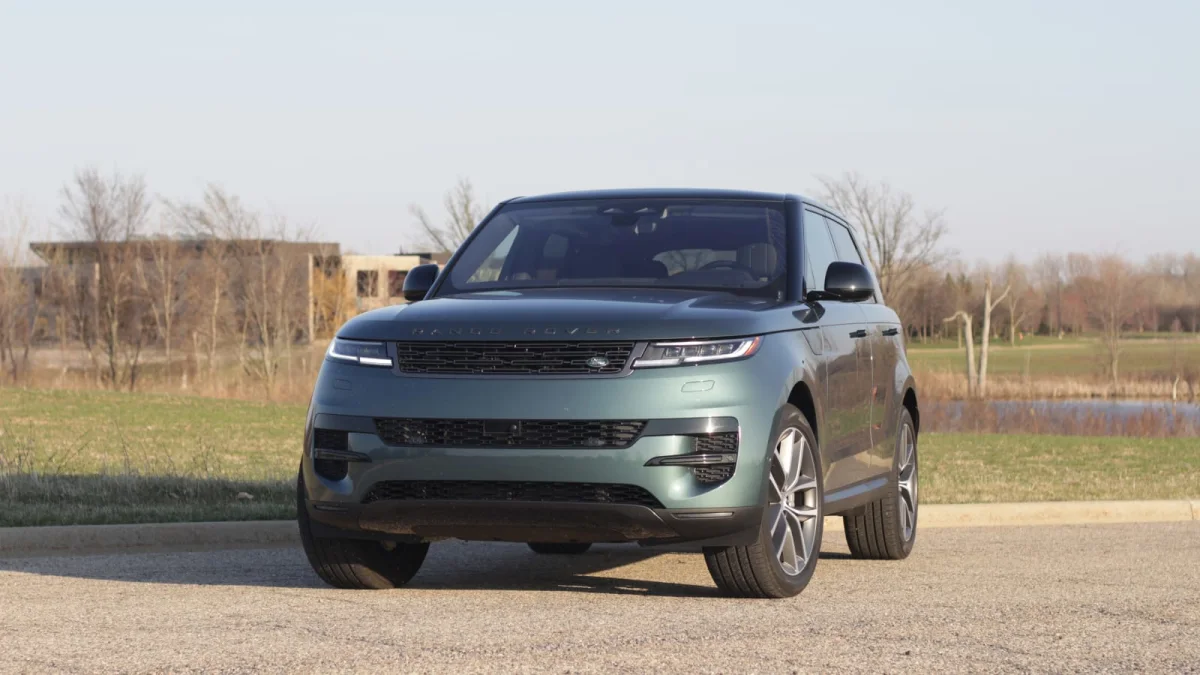
6. All the off-road technologies are still there if you want them
I treated this Range Rover Sport like the typical owner might and largely stayed on the pavement save for some light adventures on dirt roads. However! If you do want to get the Range Rover Sport a little dirty, the systems are in place to do so. That air suspension can be raised way into the air for greater ground clearance. Of course, it comes with the Range Rover’s all-wheel drive system as standard. Wade-sensing software, off-road cameras, an electronic active differential and the latest “Terrain Response” system from Land Rover are onboard, too. It will automatically sort out what kind of terrain you might be trying to traverse and apply vehicle settings to best suit said obstacles. And if you’re in for a long stretch of off-roading, you can take advantage of the low-speed off-road cruise control (allows speed and aggressiveness level settings) that Land Rover debuted in the Sport model.
If you want to take your Range Rover Sport down some gnarly trails, you can give it a go, but maybe skip the 23-inch wheel option if that’s your goal. Land Rover will allow you to spec wheels as small as 21 inches on the Sport, but even the 22-inch optional wheels on this tester looked reasonable and proportional to the body.
All that said, this new Range Rover Sport is an exceptional on-road luxury vehicle. It’s an especially great choice if you’re fine foregoing the dynamic performance of something like a BMW X5 or similar. You drive home in this SUV for the panache of its styling, that timeless interior luxury and perhaps for that once-a-year trip adventure down some especially harrowing roads.
Related video:


